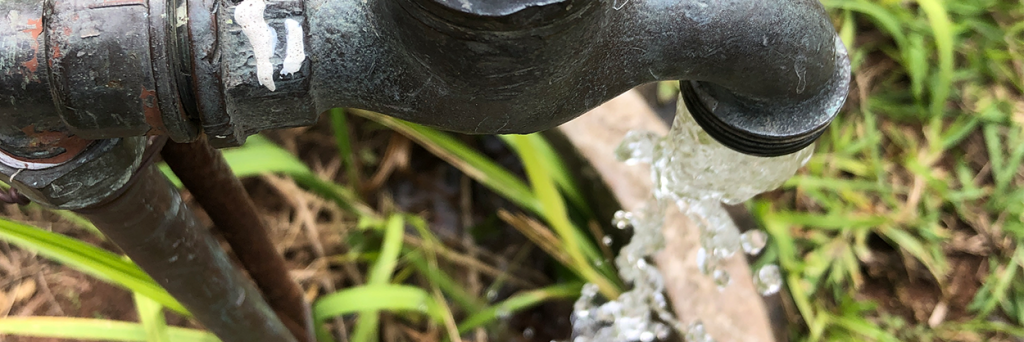Prior to the outbreak of the COVID-19 pandemic, over 3 million people did not have access to a basic water supply and 14.1 million people did not have access to safe sanitation, according to the government’s National Water and Sanitation Master Plan. Yet, for several weeks, the government has been advising people to regularly wash their hands with soap and water.
As Amnesty International South Africa launches its campaign, Right To Water: Turn On The Tap today, it calls on the South African government to urgently ensure that everyone has access to sufficient, safe and reliable water as a protection measure against COVID-19 and as a reality for everyone, always.
The government has committed to delivering water to 2 000 communities in South Africa during the pandemic. We recognise that the Department of Water and Sanitation has, been taking steps to tackle the water crisis during the COVID-19 outbreak, and has assured communities that water will be delivered to those that need it.
However, it needs to urgently scale up its efforts by ensuring that the planning and delivery of water is:
- Transparent with communication and information regarding which communities water is being delivered to, the distance needed to travel to access water, and how much water is being distributed per household;
- Accountable to its commitments, including ensuring municipalities monitor water levels, so that individuals have access to sufficient, safe and reliable water each day, and are able to regularly wash hands with soap;
- Progressive, so that equitable access to sufficient, safe and reliable water becomes a reality for all, even beyond the COVID-19 pandemic.
Amnesty International South Africa’s Right To Water: Turn on the TAP campaign calls on the Minister for Human Settlements, Water and Sanitation, to recognise that many people in South Africa are denied their constitutional and human right to water, and to publicly commit to providing equal access to water for everyone – now and always.
Prior to the outbreak, government statistics showed that:
- 5.3 million households (35%) did not have access to safe and reliable drinking water, that’s around 20 million people;
- 56% of wastewater treatment plants and 44 % of water treatment works were in poor or critical condition;
- 11% of the wastewater and general water works were dysfunctional,
- 41% of municipal water in South Africa did not generate revenue;
- 35% of municipal water was lost through leakage.
In its National Water and Sanitation Master Plan, launched in 2019, the government committed to meet the target of providing reliable and safe water to 100% of households in South Africa by 2030.
The time is now for the government to fix this once and for all, not only during the crisis, and to realise the Right to Water for All.
Now more than ever, we need our government to put people first. They must ensure everyone has access to the water they need to stay safe.
Background
The South African government is obligated by national and international laws and standards to deliver on the right to water.
The national government, acting through the minister for Human Settlements, Water and Sanitation, must ensure that water is protected, used, developed, conserved, managed and controlled in a sustainable and equitable manner, for the benefit of all persons and in accordance with its constitutional mandate.
The outbreak of the COVID-19 pandemic has brought this mandate into stark light with many people in South Africa already vulnerable and at great risk of contracting the disease because they do not have access to protective measures including sufficient water to regularly wash their hands.
For more information or to request an interview, please contact:
Mienke Steytler, Media and Digital Content Officer, Amnesty International South Africa: +27 64 890 9224; mienke.steytler@amnesty.org.za


